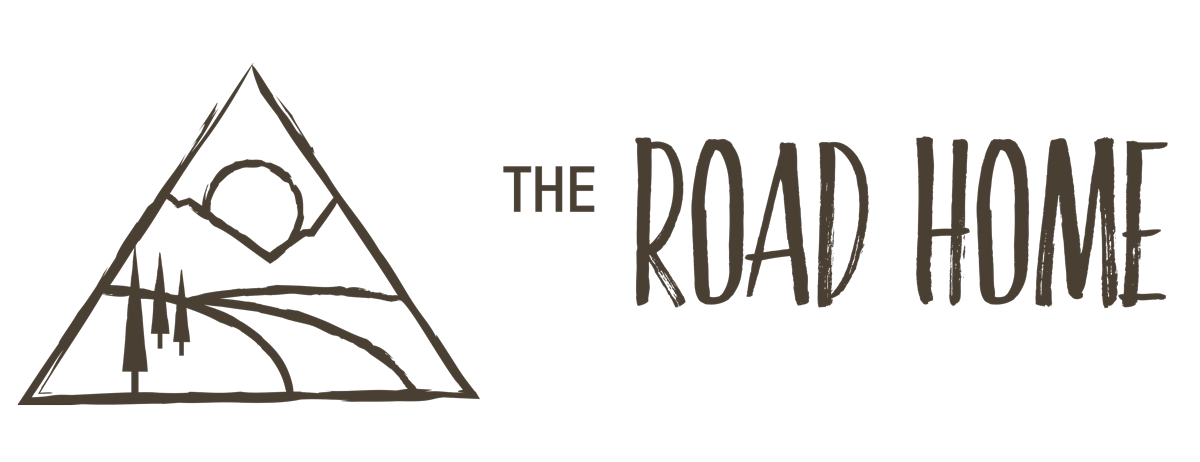The Road Home: What’s In A Name?
“Dwell as near as possible to the channel in which your life flows.”
— Henry David Thoreau
I spent the majority of my final year of Chinese medicine school researching and writing about home. It was in response to a single phrase that had appeared repeatedly in my thought patterns at that time: “I want to go home.”
I had moved to Portland from Minneapolis to attend Chinese medicine school, so I believed the phrase was merely the result of the move at first: Minneapolis was the place I was longing for. Unfortunately, on a quick trip to Minneapolis between the summer and fall quarters that year, my desire to go home only grew stronger.
While in Minneapolis, I found myself revisiting the plans and elevations I had drawn as a child, on wide-ruled notebook paper, of my dream home. (I’d once dreamed of becoming an architect.) This quickly escalated into a preoccupation with the idea of actually owning a place that was entirely my own. I searched one real estate website after another, jumped from one zip code to the next, hoping to find that someone else had made a home with the same elements, the same style, the mattered most to me.
The single phrase just got louder, more insistent: I wanted to go home.
Though I cannot tell you when or where I discovered the key to unlocking its meaning, or even who was involved in the discovery, I can tell you that when I did, it supported my understanding that the meaning of the phrase was deeper, more complex: the home I longed for was more than a physical space or place, it was a representation of the most authentic version of my self.
Jungian Analyst Elena Liotta explains that home is both physical and symbolic: “Home is the house that has a body – the earth on which it rests, its walls – and also an interior, a soul of its own, intimately personal.”
The body of my Master’s thesis explored these two aspects of home and, more importantly, the relationship between the two.
What drew the two together, I ultimately found, was also what drew the two apart: our journey.
According to Carl Jung, a human’s life on earth can be thought of as a journey, where the ultimate goal of this journey is the realization of the most authentic version of self. He believed this realization possible only through navigating specific life experiences, which Liotta describes as “that constant alchemy between within and without, between the things that happen and what we do with them as we gradually become what we are.” He also stressed that the trajectory of this journey was not upward, in pursuit of perfection, but at first inward, and secondarily outward, unfolding into wholeness.
I saw that the bi-directional trajectory of Jung’s journey spoke to the duality inherent in the relationship between the physical and symbolic homes. I explained that we could think of the external movement as that which tended more toward the physical home, while the internal movement was that which tended more toward the symbolic. Liotta explains:
"Life/journey moves concurrently on the physical land and in the inner world. At times it is the exterior journey that leaves its mark on the story of a life; at other times it is the inner journey, in persons who have never left their place of origin. And then it may be the inner and the exterior journeys that support and replace each other."
At my thesis defense, my committee asked me what all of this meant for me, a future Chinese medicine practitioner. I responded (in a much less polished way):
I have come to believe that we are actually meant to carry the truest aspect of our selves with us, in every step of our journey, even though the very act of the journey itself is to draw us away from our center—perpetually. We must consciously choose to be the person we are at our very core, to live out of our authenticity, every single day.
And that is no easy task!
I honestly had more questions than answers for them that day: What could I do to lessen the weight that accompanies this task? How might I use Chinese medicine to ease my own longing for home, and to ensure that I carry it with me wherever I go?
The Road Home is my answer to these questions.
It’s both a physical place and a symbolic one.
A place where my journey meets yours.
An offer to meet you where you are (and not demand you be anywhere else).
An invitation to, in the words of Cheryl Strayed, “find a way back to the authenticity and strength that’s already inside of you.”
An acknowledgement that it isn’t easy.
And a commitment to hold the entirety of your experience, however paradoxical it may seem.
